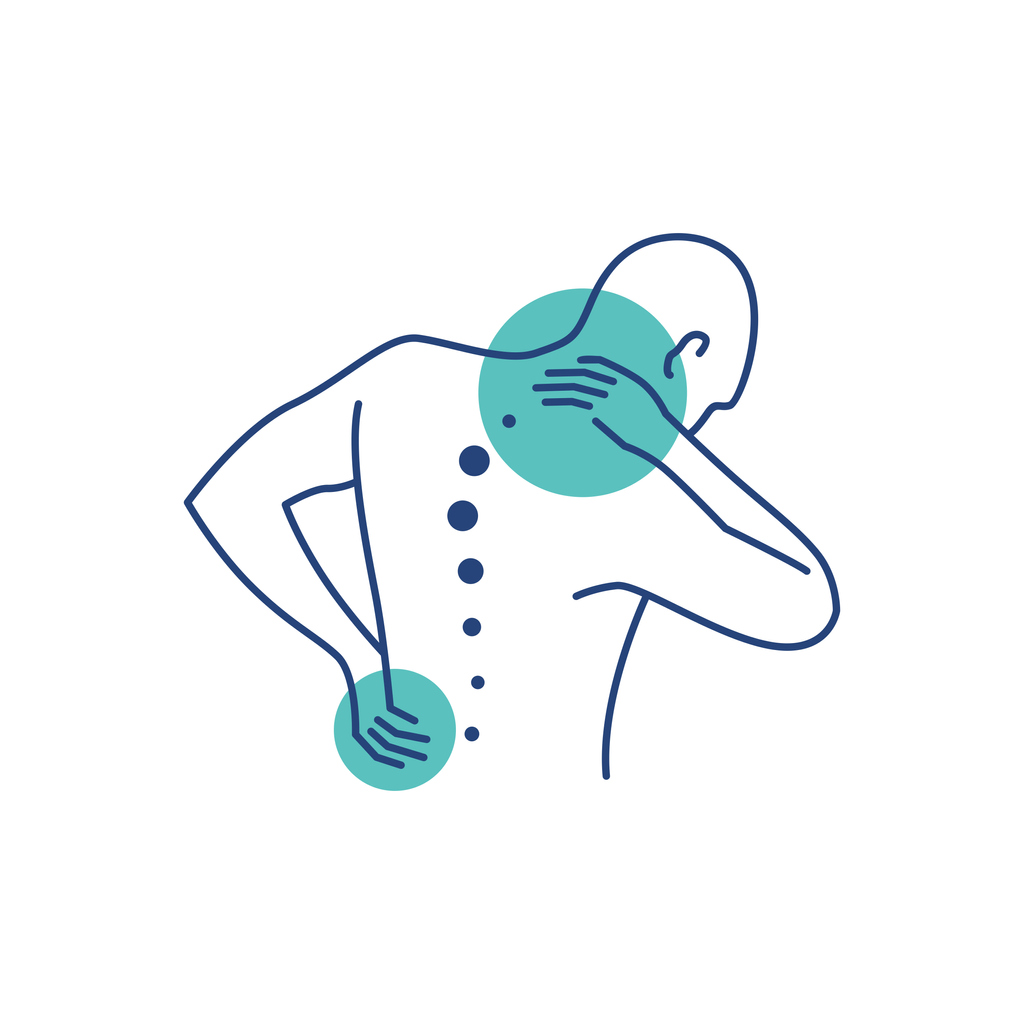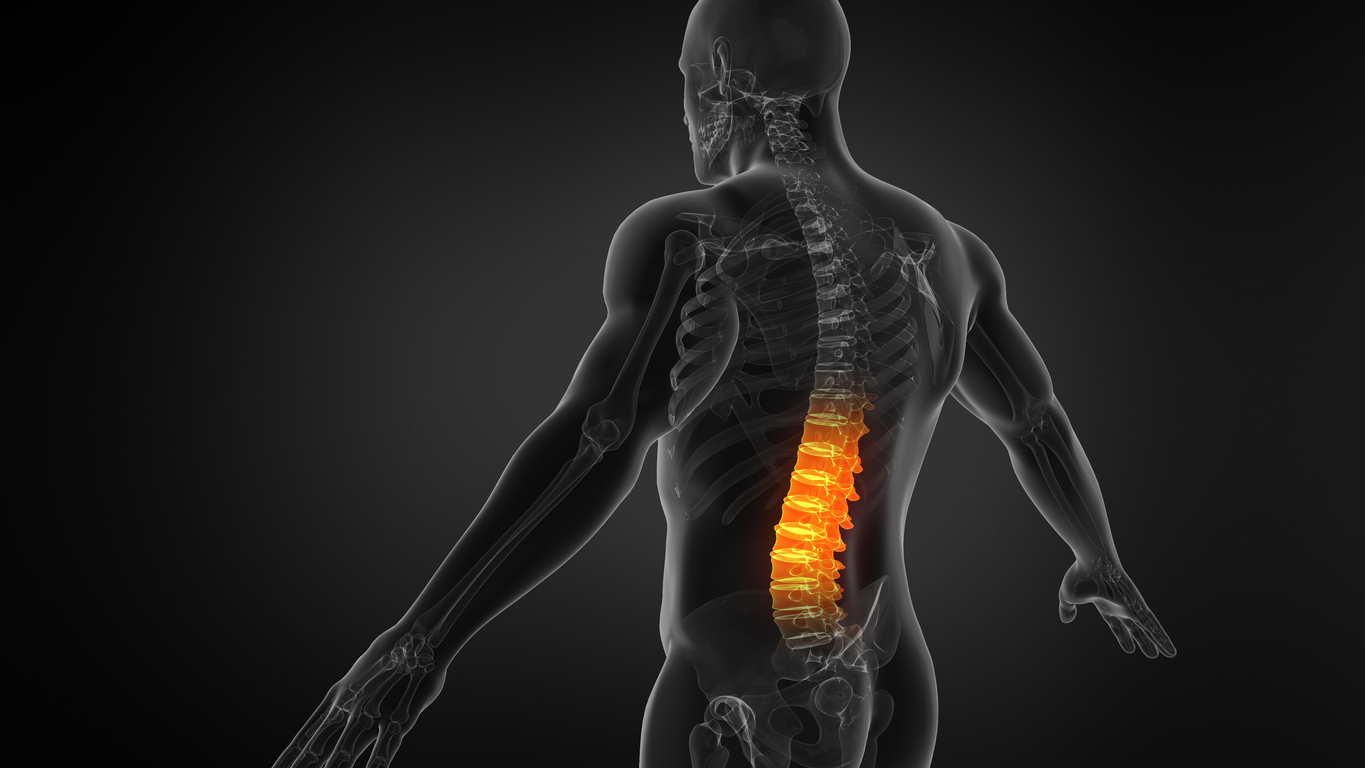Pain
Lifestyle Changes to Reduce Back Pain

Back pain is a common health challenge. However, some lifestyle changes can be implemented to help reduce back pain. These changes may be combined with other therapies and conventional medical treatments to provide the best results.
Lose weight
Losing excess weight can help reduce the amount of stress on the back, which may reduce pain. A physician or nutritionist can recommend dietary changes and physical activities that promote weight loss.

Get physical activity
Low-impact physical activities, such as walking, swimming, and practicing yoga or Tai Chi, can help improve flexibility and strengthen the muscles in the back. Yoga and Tai Chi can also decrease stress and anxiety, which are known to increase back pain.

Eat the right foods
Inflammation contributes to back pain; therefore, eating an anti-inflammatory diet may help reduce back pain. An anti-inflammatory diet centers around consuming plenty of deeply-colored fruits and vegetables, such as cherries, beets, sweet potatoes, broccoli, and kale, in addition to healthy fats, such as salmon, avocado, and walnuts, and lean proteins, such as chicken and turkey. Green tea, turmeric, cinnamon, and other herbs and spices may also decrease inflammation. Foods that cause inflammation, such as processed foods, fast food, and foods containing saturated fats, should be avoided.

Get enough sleep
Back pain can interfere with sleep, but getting enough sleep is essential. Lack of sleep can actually make pain feel worse. Individuals with back pain should try to sleep on their side with the knees bent. Placing a pillow between the knees can be helpful. Individuals should also practice good sleep hygiene, including going to bed at the same time each night and avoiding watching television or using a computer in bed.

Relax
Stress not only causes muscle tension, which can worsen pain, but it can also heighten the awareness of pain. Relaxation techniques, such as guided imagery, meditation, or progressive muscle relaxation, can help reduce both stress and pain.

Stop smoking
Smoking reduces oxygen circulation in the body. When spinal discs do not get the oxygen they need, degenerative disc disease can worsen. In addition to the numerous health risks of smoking, it has also been linked to back conditions, such as spinal stenosis and osteoporosis.



















